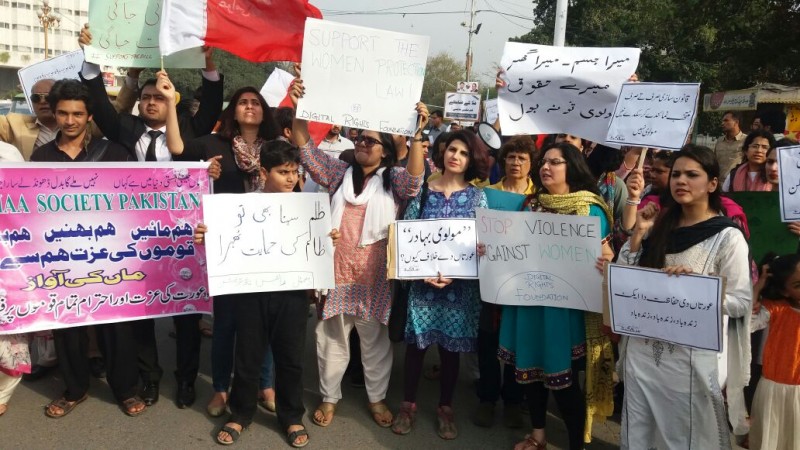
Effective NGO and Government coordination is important, as it can ensure that all parties are able provide each other with valuable feedback that can help them reach their mutual goals. The government can provide support, resources that NGOs may not have, and NGOs can share lessons learned from being on the ground. This allows each to plug in gaps in other's understanding and modus operandi. Another practical aspect is that the government will be the principle stakeholder, and thus it is in the interests of non-governmental organizations to approach the government, and work together. A challenge that arises, however, is ensuring that cooperation and coordination don't lead to compromises in the core beliefs and mission of NGO(s). Politics requires compromise, in order to garner more support for legislation, votes, etc. Governments may decide to give NGO “X” complete funding and access to resources, in exchange for a tempering of their stances, or access to their data. NGOs will often be stuck between sticking firmly to their principles, and compromising, believing that the latter will allow them to do more work at the table, rather from the sidelines. Worsening economic conditions abroad have often translated into fewer funds and resources for NGOs in developing countries, something that can work to a government's advantage. Similarly, having an NGO onboard can help a government's credibility, even if it has done little towards reaching particular goals.
These are not purely abstract. The death of the terrorist and Al-Qaeda leader Osama Bin Laden in 2011 came about through, according to news reports, a fake polio drive established by US intelligence agencies to pinpoint his location within Pakistan. Much to the horror of many working in or alongside international NGOs – including the UN – this appeared to confirm the beliefs of many conspiracy theorists, who believed that polio drops were being given to sterilise Muslim children. Since the news reports concerning the fake polio drive, polio-vaccination workers have been killed doing their duty, and polio has increased in some areas, due to increased reluctance to have children vaccinated. Further to this, the government has cracked down on local and international NGOS working in Pakistan. In October 2015 Interior Minister Chaudhry Nisar stated that international NGOs would require government approval to “gather funds and operate” in Pakistan. In March 2016, three NGOs based in Islamabad, Pakistan, were barred from operating, after Minister Nisar asserted that they had received foreign funding without the right documentation.
When the work of an NGO brings it in conflict with the government, the aforementioned makes its job harder, and there is greater chance of mistrust. The entirety of 2015 saw the government of Pakistan attempt to push through cybercrime legislation that was heavily, heavily flawed, rightly lambasted by rights organizations, tech groups, and legal groups, locally and internationally, including the UN Special Rapporteur on Freedom of Expression. The government had on a number of occasions refused to allow NGOs any involvement in the consultation process, even going so far as to “forget” to inform some of a (standing) committee hearing on the matter. NGO or government, each side claims to have the best interests of the people at heart. Each claims to defend and protect the rights, offline and digital, of their fellow citizens. That is what makes it more important to work through the mistrust and suspicions, and find common ground. The government must recognize that NGOs can offer insight and lessons that being on the ground can offer far more than staid bureaucracy; NGOs must and do recognize that the balance of power is such that governments are the principal stakeholders, and have the power to wield implement policies that NGOs want to see. NGOs must work to ensure that the thrust of the policies that they are advocating for are adhered to in a way that proactively and effectively aids their cause, that of helping the groups that they are working on behalf of.









